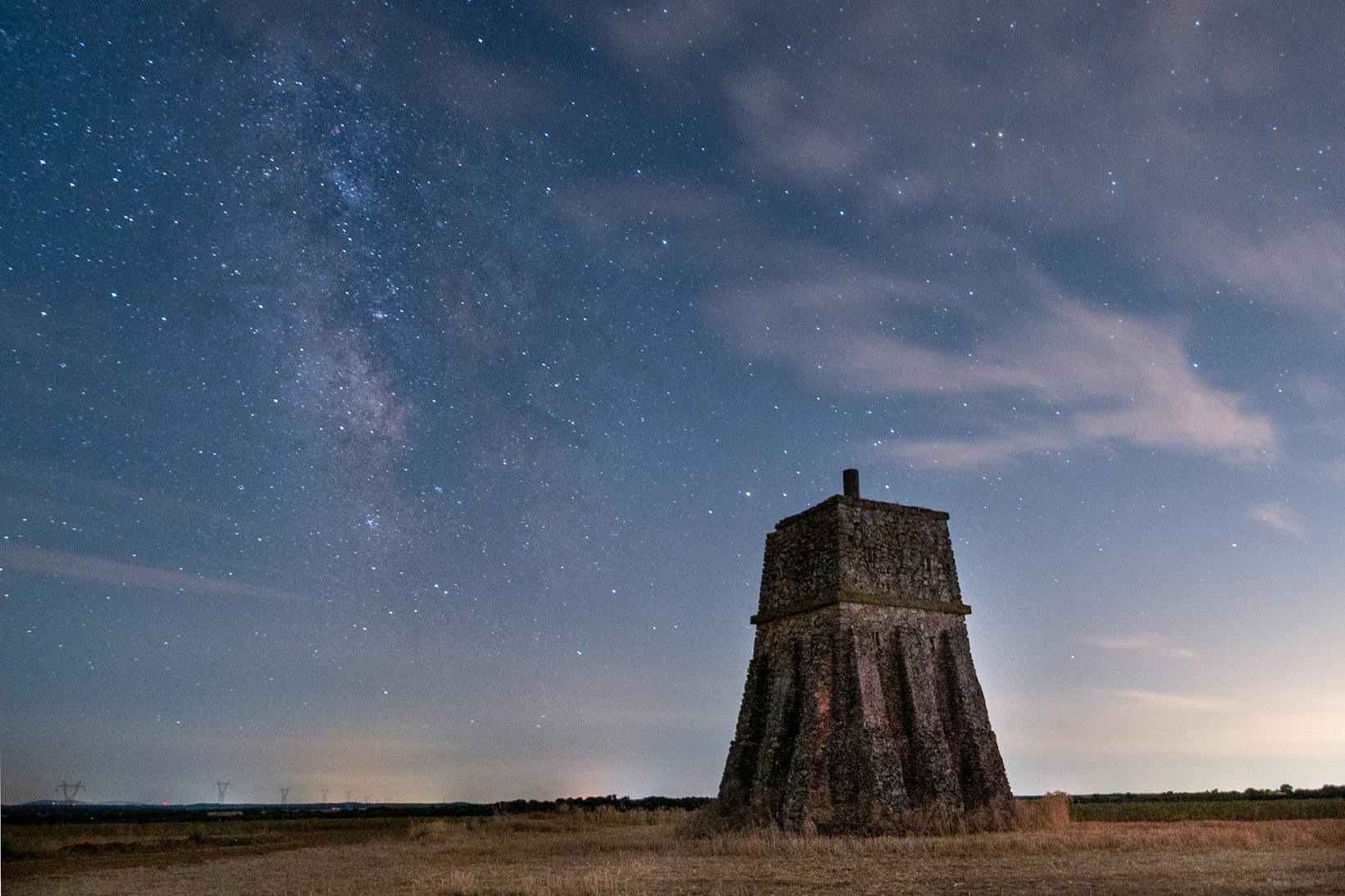Does Death Do Away With Your Right to Privacy?

Hi, I am Betty Knight, Owner of this site! I…
Despite popular belief, privacy is not a constitutional right. However, thanks to Supreme Court rulings that evoke several constitutional amendments — the most helpful of which is the Ninth Amendment which essentially states that Americans have other rights that the Constitution does not explicitly address — privacy is almost guaranteed. That said, does this almost guarantee apply to the dead? To better understand the rights of the deceased, it’s important to first understand the rights of the living.
Inherent Rights of the Living
Privacy may not be a constitutional right, but the Supreme Court’s interpretation of several amendments provides the right to privacy. Most precedents relied on three main constitutional amendments: The Ninth Amendment, as mentioned above; the Fourth Amendment, which prohibits unlawful search and seizure; and the Fourteenth Amendment, which states that the government may not deprive citizens of life, liberty or property. In the case of the Fourteenth Amendment, privacy is considered an essential element of liberty. The Supreme Court evokes these amendments on a case-by-case basis.
Specific legislation also grants Americans ample privacy protections. For instance, thanks to the Federal Privacy Act of 1974, the government cannot share with other parties the information it has on you without your permission. The Health Insurance Portability and Accountability Act — better known as HIPPA — protects the privacy of your medical information.
FOIA and the Privacy Concerns of the Living
The Freedom of Information Act comes into direct conflict with the Federal Privacy Act and HIPPA. FOIA was created to ensure utmost government transparency, and sometimes transparency means releasing information regarding a person to the public despite existing protections. When a person files a FOIA request, the government must decide if releasing the requested information would violate a person’s privacy.
Of course, there are exemptions the government and knowledgeable legal professionals, such as John Branca, can invoke to ensure the continued privacy of the person in question. For instance, the government can deny a request for information if it pertains to medical or similar files and if its release would create an unwarranted violation of privacy.
FOIA and the Privacy Concerns of the Deceased
Unfortunately, privacy protections do not typically apply to the Privacy Act. Once a person dies, his or her information is subject to disclosure upon request. However, the courts have been known to deny requests if they involve the release of autopsy photos, crime scene photos, coroner’s reports or other evidence that may cause the surviving family members extreme emotional duress and harm.
When it comes to HIPPA, however, evoking FOIA is often futile. HIPPA protections are generally indefinite, extending beyond a person’s death. The only way the public can access HIPPA-protected information is if an heir to the deceased’s estate inherited the power to make medical decisions on the decedent’s behalf and chooses to release medical records.
Electronic Privacy
The privacy protections for the electronic information of the deceased are also somewhat ambiguous. Typically, when the owner of an electronic account such as an email or social media page dies, the site’s regulations dictate who has control over it. In most cases, an account will “deactivate” after so long. However, if a family member or friend has the password to an account, he or she can log in without legal ramifications. What if, though, someone “hacks” an account?
Unfortunately, hacking a deceased person’s account does not necessarily violate any privacy laws. However, if a loved one pushes hard enough, the courts may charge the hacker with unauthorized intrusion, which is a crime.
What's Your Reaction?
Hi, I am Betty Knight, Owner of this site! I am a 'nearing 30-year-old', happily married to 1 awesome man. We live in the beautiful tourist town of Franklin NY.



